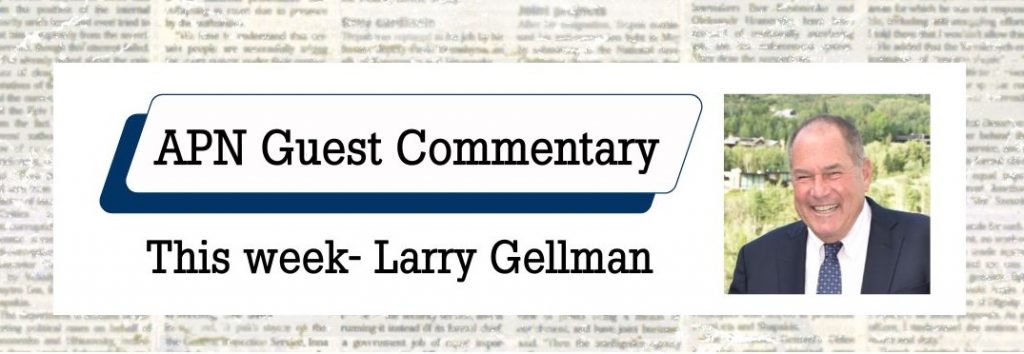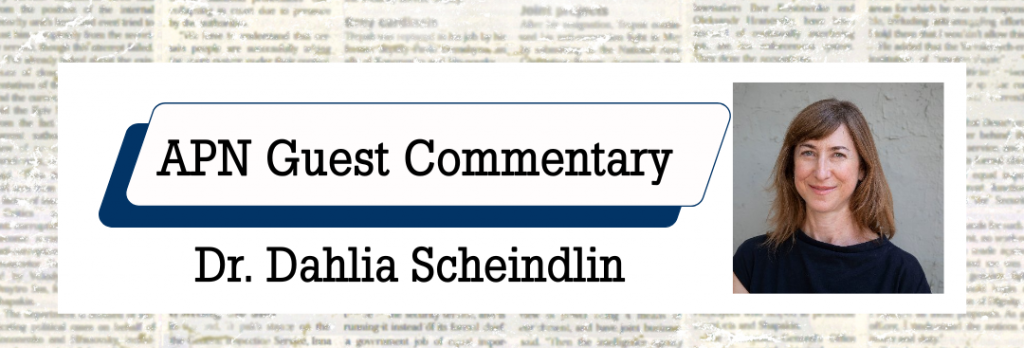By Madeleine Cereghino (Director of Government Relations)
Israeli Prime Minister Benjamin Netanyahu’s address to Congress yesterday was marked by significant political tension and notable absences from key figures. Traditionally, the Vice President presides over joint sessions of Congress, but Vice President Harris did not attend the speech (though she will be meeting with Netanyahu privately today). In the absence of the Vice President, the role typically falls to the president pro tempore, Senator Patty Murray (D-WA). But she too declined to attend. Ultimately, Sen. Ben Cardin (D-Md.), chair of the Senate Foreign Relations Committee, agreed to preside.
 Larry Gellman currently serves on the national boards of
Americans for Peace Now, J Street, and CLAL. Over the last 40 years he served as a founding member of the
AIPAC board in Tucson and was a national leader and honoree of Israel Bonds, a founder of the Milwaukee Jewish
Day School, and named Jewish Man of the Year in both Milwaukee and Tucson after chairing Federation annual
campaigns in both cities. He spent his career as a widely recognized financial advisor and won awards as a
television news reporter in Ohio and Wisconsin.
Larry Gellman currently serves on the national boards of
Americans for Peace Now, J Street, and CLAL. Over the last 40 years he served as a founding member of the
AIPAC board in Tucson and was a national leader and honoree of Israel Bonds, a founder of the Milwaukee Jewish
Day School, and named Jewish Man of the Year in both Milwaukee and Tucson after chairing Federation annual
campaigns in both cities. He spent his career as a widely recognized financial advisor and won awards as a
television news reporter in Ohio and Wisconsin.

